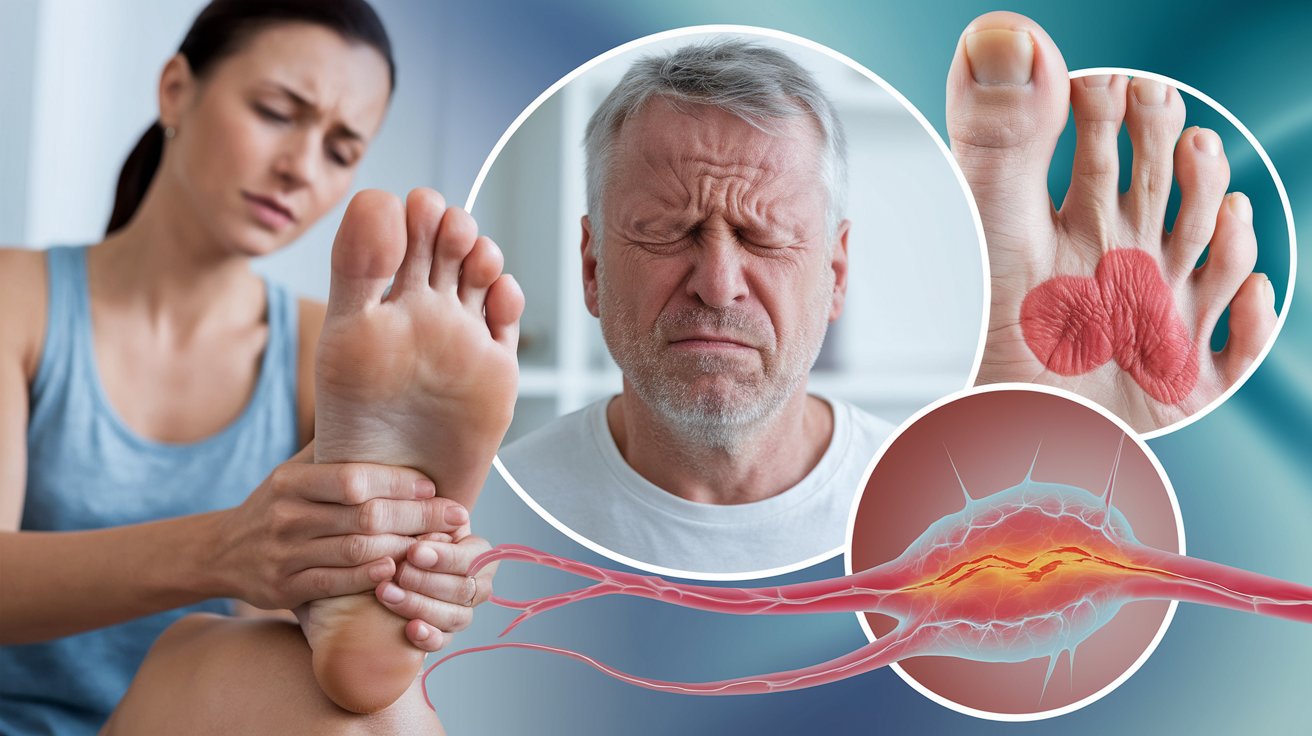Table of Contents
Can you die from cracking your neck too much? This question might sound alarming, but it’s something many people wonder about. Neck cracking is a common habit, often done to relieve tension or discomfort. However, the idea that this seemingly harmless action could have fatal consequences is enough to make anyone think twice. Can You Die from Cracking Your Neck Too Much? In this article, we will explore the risks associated with cracking your neck, whether it’s a harmless habit or something that could lead to serious, even deadly, outcomes.

What Happens When You Crack Your Neck?
Cracking your neck often provides a sense of relief, but what exactly is happening when you do it? When you twist or tilt your neck, you might hear a popping sound. Can You Die from Cracking Your Neck Too Much? This sound is caused by the release of gas bubbles in the synovial fluid that lubricates your joints. It sounds like the cracking sound of your knuckles.
While this might seem harmless, repeatedly forcing your neck to crack can strain the ligaments, muscles, and joints in your neck. Can You Die from Cracking Your Neck Too Much? Over time, this can lead to wear and tear on these structures, potentially causing long-term damage.
Also read: Can a skin tone of 4 cause tanning? Discover the Bright Side
Why Do People Crack Their Necks?
Can You Die from Cracking Your Neck Too Much? People crack their necks for various reasons. For some, it’s a way to relieve stiffness or discomfort. Others do it out of habit or because they feel a sense of relief from the release of tension. However, it’s important to recognize that just because something feels good doesn’t mean it’s safe.
The Risks of Cracking Your Neck Too Much
Cracking your neck occasionally might not cause significant harm, but doing it too often can lead to several health issues. Can You Die from Cracking Your Neck Too Much? One of the most important risks is damaging the blood vessels in your neck. The vertebral arteries, which run along the neck, supply blood to the brain. Forceful or frequent neck cracking can damage these arteries, leading to serious conditions such as a stroke.
Can Cracking Your Neck Cause a Stroke?
One of the most concerning risks associated with neck cracking is the possibility of causing a stroke. Can You Die from Cracking Your Neck Too Much? This can happen if the force used to crack the neck damages the vertebral arteries, leading to a tear. This tear can cause blood to clot, potentially blocking blood flow to the brain and resulting in a stroke. While this is a rare occurrence, it’s a serious risk that shouldn’t be ignored.
Signs That Neck Cracking Is Becoming Dangerous
How do you know if your neck-cracking habit is putting you at risk? There are a few signs to watch out for. If you experience any of the following symptoms after cracking your neck, it might be time to seek medical advice:
- Pain or discomfort: If cracking your neck causes pain, it’s a sign that something might be wrong.
- Numbness or tingling: Feeling numbness or tingling in your arms or hands after cracking your neck could indicate nerve damage.
- Dizziness or headaches: These symptoms could suggest that your neck cracking is affecting blood flow to your brain.
- Swelling or bruising: If you notice any swelling or bruising in your neck, it could be a sign of a more serious injury.
When to See a Doctor
Can You Die from Cracking Your Neck Too Much? If you’re concerned about your neck cracking habit or if you experience any of the symptoms mentioned above, it’s important to see a doctor. They can assess whether your habit is causing harm and provide advice on how to stop or reduce the frequency of neck cracking.
How to Stop Cracking Your Neck
If you’re worried about the risks associated with neck cracking, it might be time to break the habit. These pointers will assist you in stopping:
- Stay aware: The first step to stopping any habit is becoming aware of when you do it. Please pay attention to when you feel the urge to crack your neck and what might be triggering it.
- Stretch regularly: Regular stretching can help relieve the tension that might lead you to crack your neck. Focus on gentle neck stretches that don’t involve forceful movements.
- Practice relaxation techniques: Stress and tension can contribute to the urge to crack your neck. Techniques like deep breathing, meditation, or yoga can help reduce stress and make you less likely to feel the need to crack your neck.
- Consult a professional: If you find it difficult to stop cracking your neck, consider seeing a physical therapist or chiropractor. They can help you manage any underlying issues and teach you safer ways to relieve neck tension.
Alternative Ways to Relieve Neck Tension
Instead of cracking your neck, there are safer ways to relieve neck tension. These include:
- Heat therapy: Applying a warm compress to your neck can help relax the muscles and reduce tension.
- Massage: A gentle neck massage can relieve tightness and discomfort without the risks associated with cracking your neck.
- Posture improvement: Poor posture can contribute to neck tension. Make sure to sit and stand with your shoulders back and your head aligned with your spine.
Can Neck Cracking Ever Be Safe?

While the risks of cracking your neck too much are clear, you might wonder if it’s ever safe to do it. The answer depends on how often and how forcefully you crack your neck. Occasional, gentle cracking might not cause harm, but making it a habit or using too much force can lead to problems.
Professional Help
If you feel the need to crack your neck often, it might be worth seeing a professional. Can You Die from Cracking Your Neck Too Much? A chiropractor or physical therapist can assess your neck’s condition and provide safer alternatives for relieving tension.
So, can you die from cracking your neck too much? While it’s unlikely, the possibility isn’t entirely out of the question. Can You Die from Cracking Your Neck Too Much? The risks associated with frequent or forceful neck cracking, such as damaging your vertebral arteries and potentially causing a stroke, are serious enough to warrant caution.




